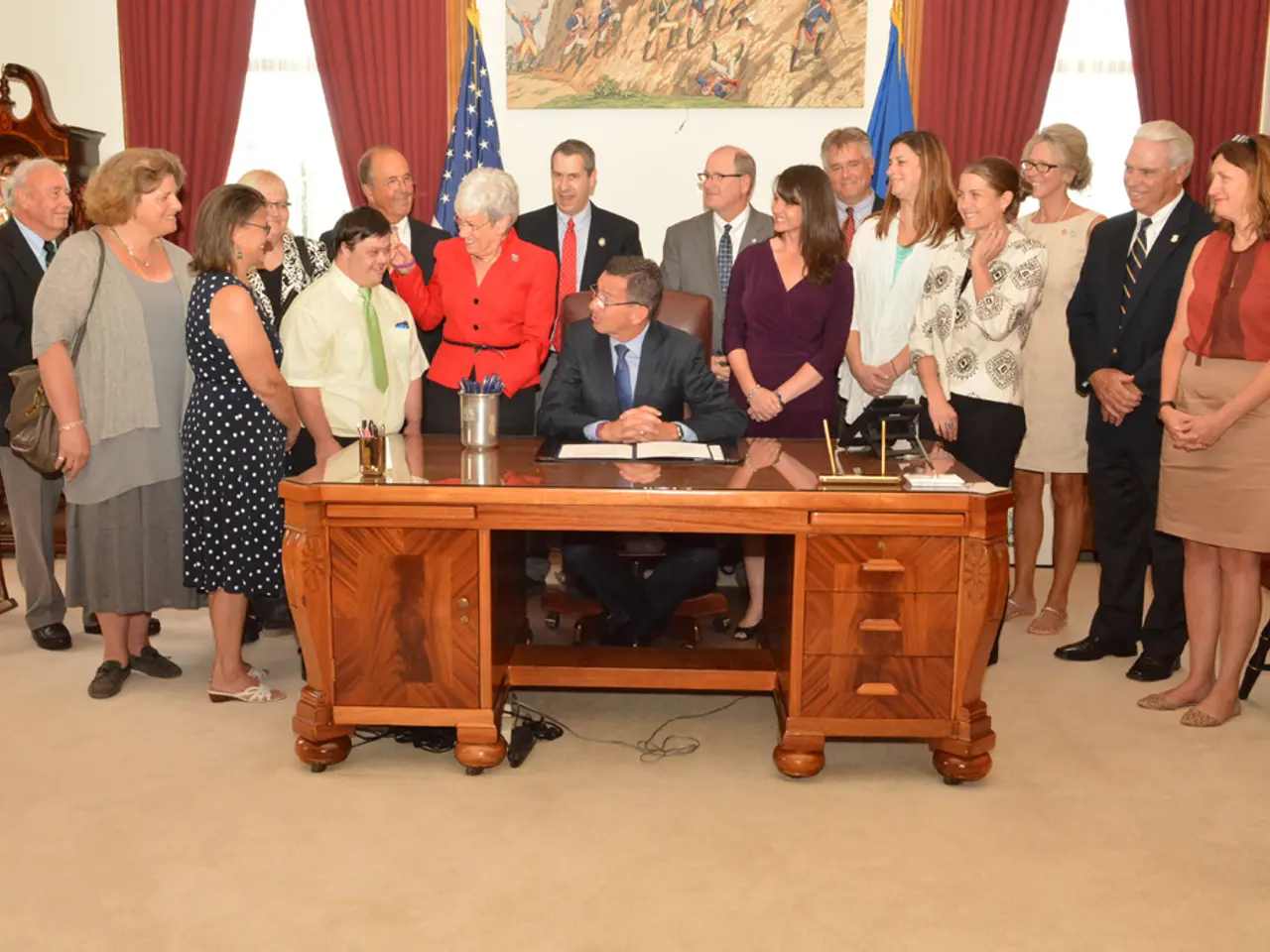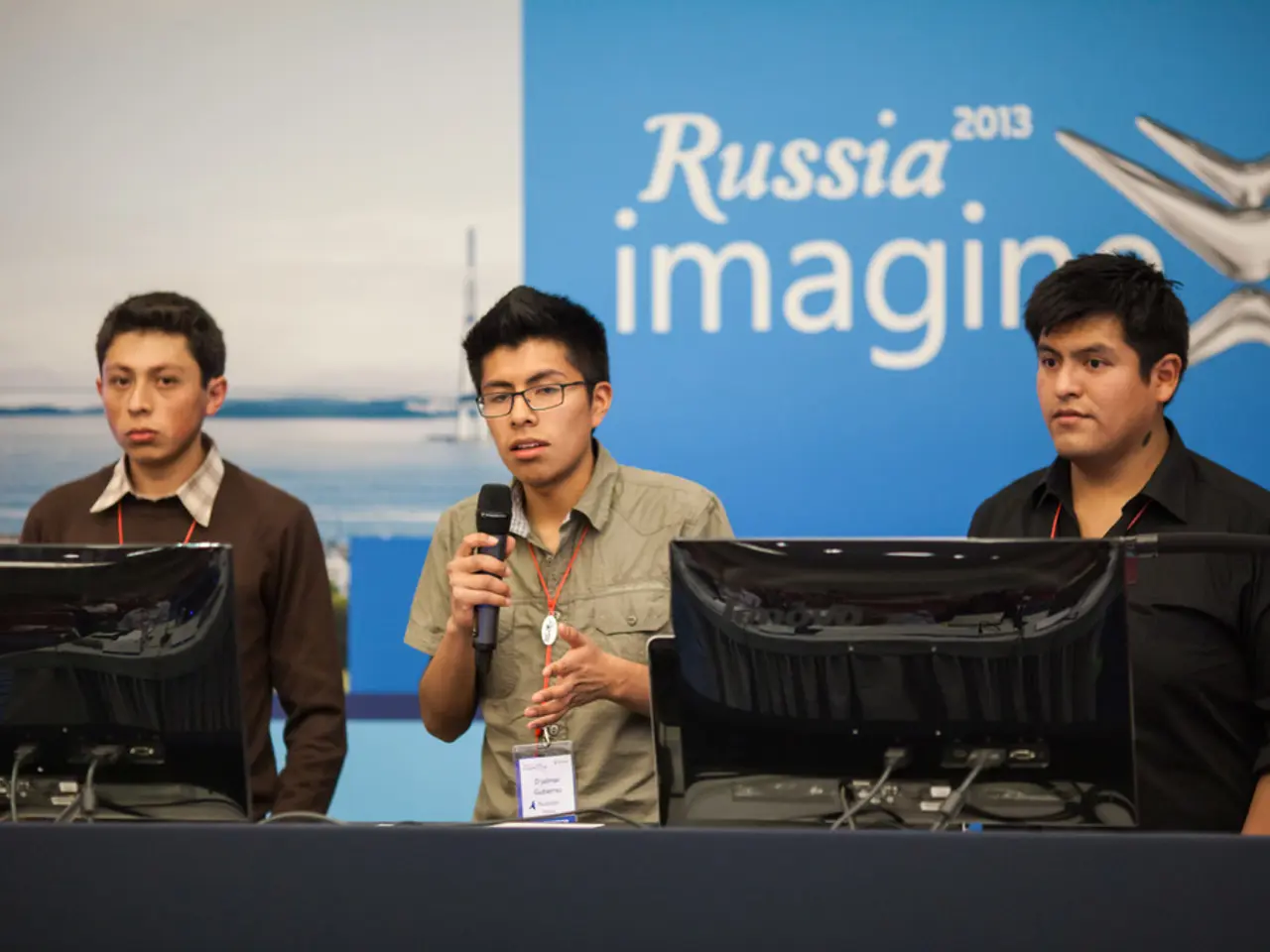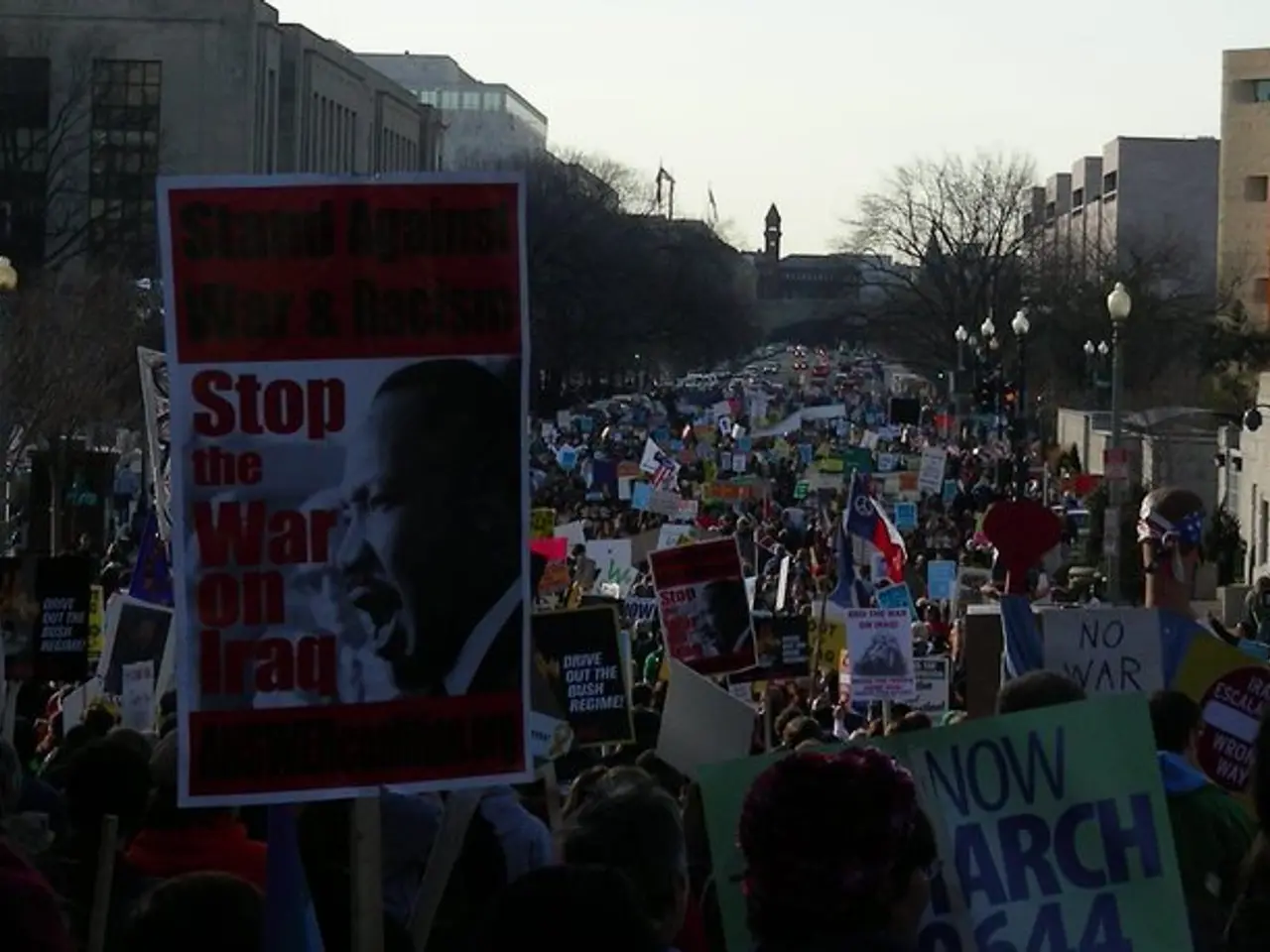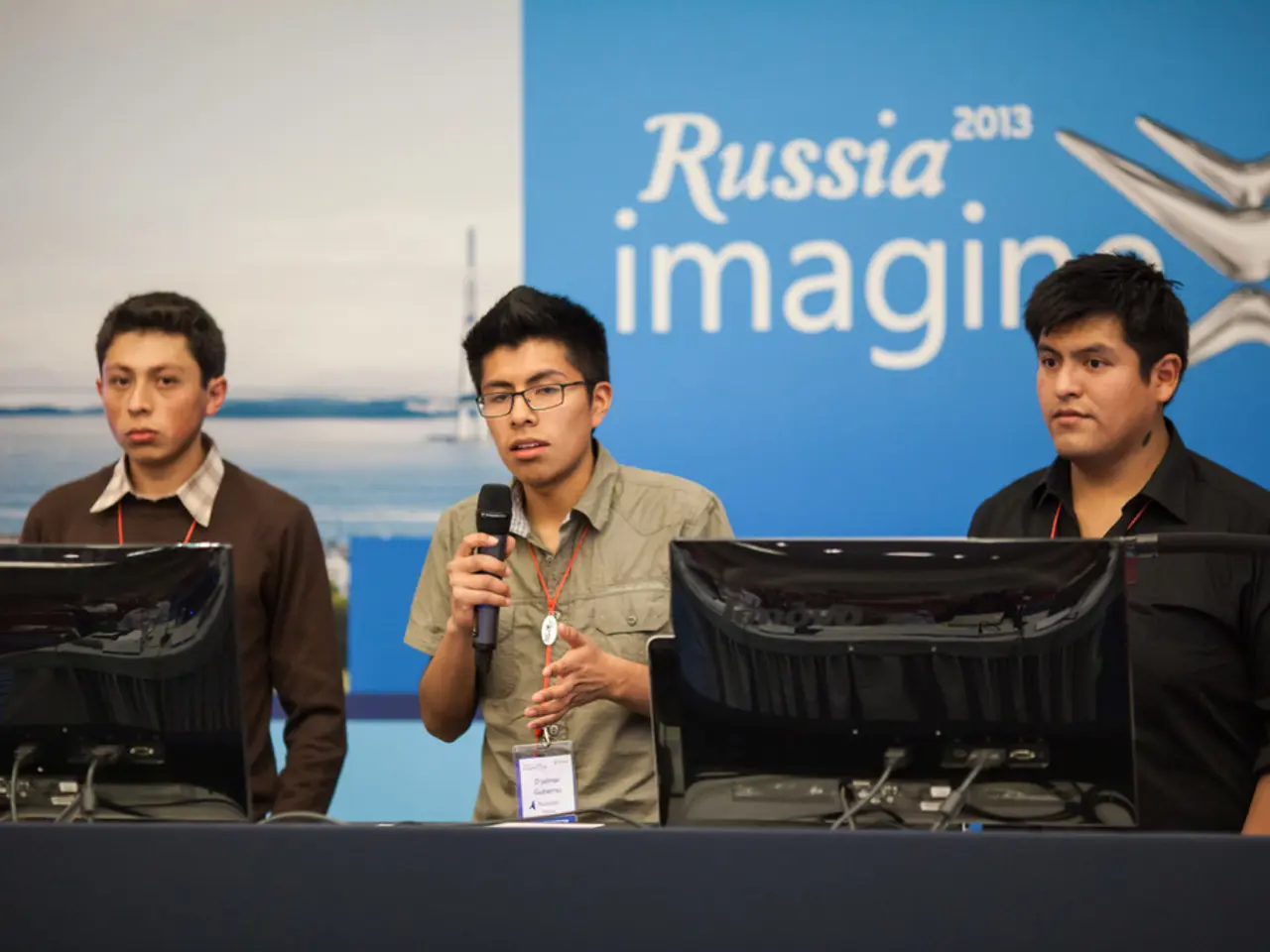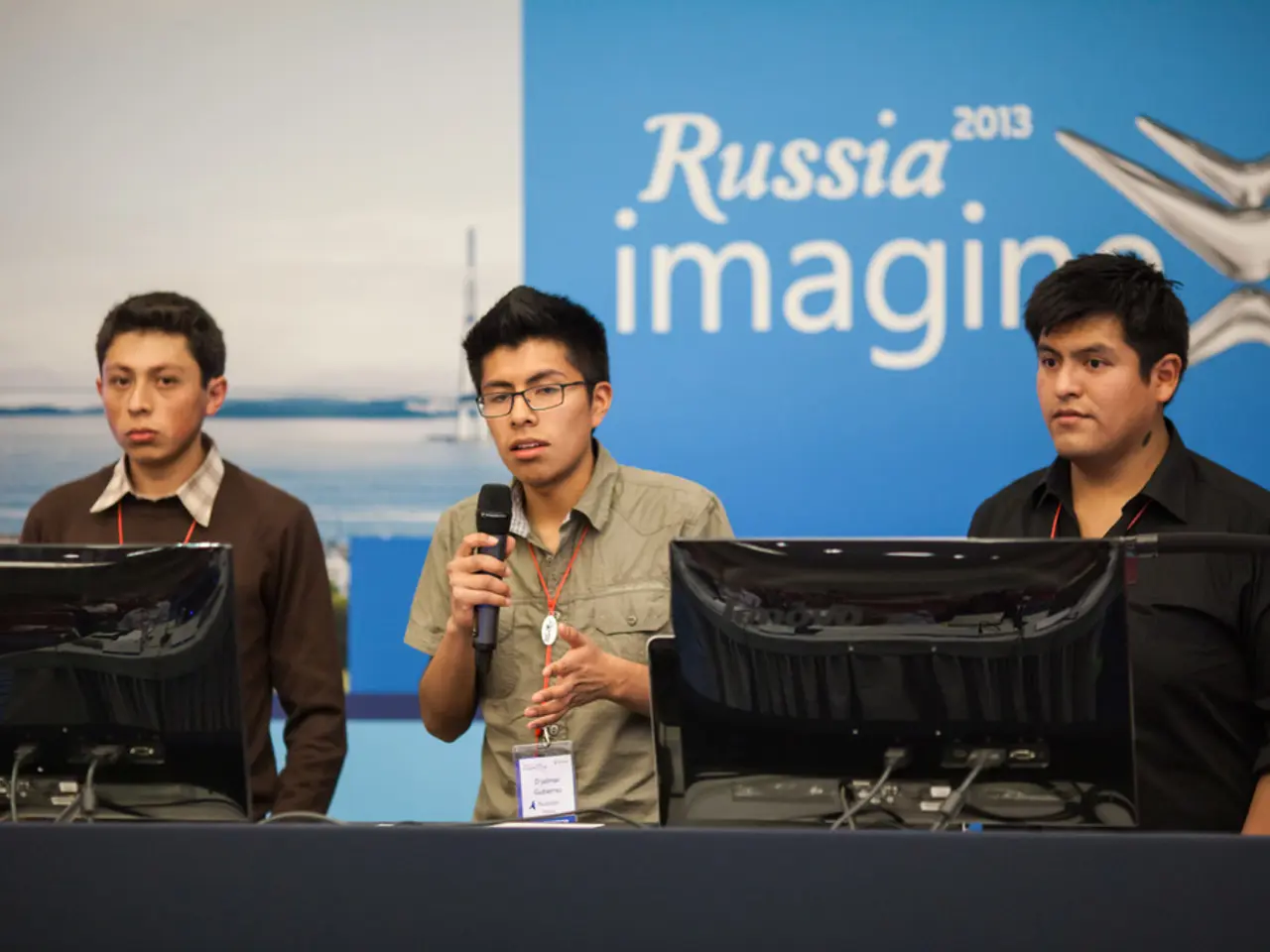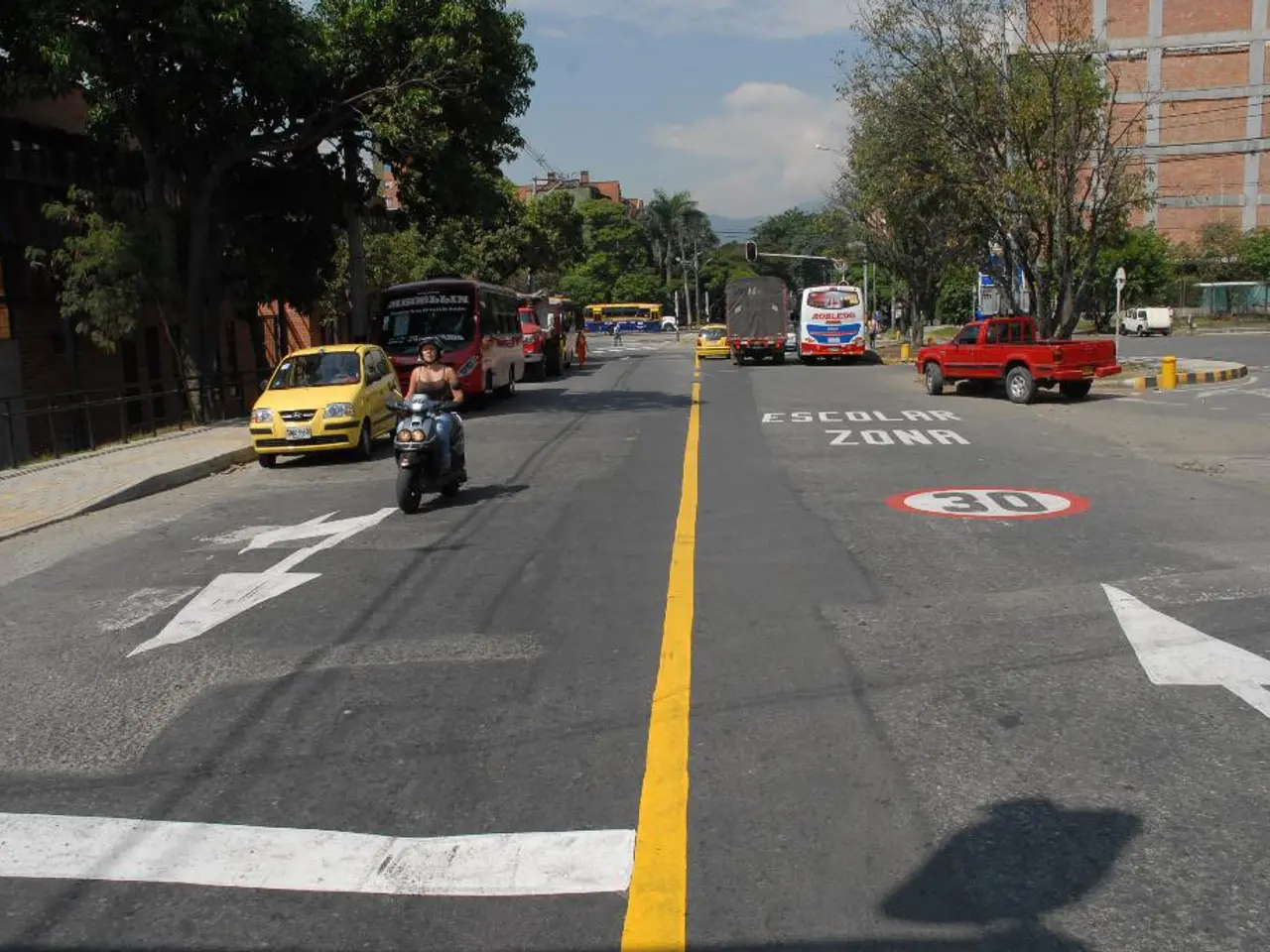The European Union does not perceive any urgency in selecting judges for its institutions.
The process of electing judges for Germany's Federal Constitutional Court has hit a roadblock, causing a rift within the governing coalition.
In the usual procedure, the Bundestag (lower house) and Bundesrat (state chamber) jointly elect the judges, each voting on half the seats. A two-thirds majority in the respective chamber is required. For the 2025 elections, the Bundestag is responsible for appointing three judges.
Recently, the SPD (Social Democrats) and the CDU/CSU (Christian Democrats/Christian Social Union) presented their candidates. The SPD nominated law professors Frauke Brosius-Gersdorf and Ann-Katrin Kaufhold, while the CDU/CSU nominated Federal Labour Court judge Günter Spinner.
However, Brosius-Gersdorf faced opposition from conservatives, primarily due to allegations of plagiarism and her liberal views on abortion and mandatory COVID vaccinations. Initially, Chancellor Friedrich Merz (CDU) seemed to support Brosius-Gersdorf, suggesting an agreement within the coalition.
Hours before the parliamentary vote, the CDU/CSU parliamentary group unexpectedly withdrew its support for Brosius-Gersdorf, leading to the vote being postponed. The CDU/CSU threatened to abstain from voting if the SPD insisted on proceeding, which would result in the SPD candidate failing to reach the required two-thirds majority.
This sudden reversal has caused a serious rift in the governing coalition, with the SPD calling for emergency meetings in response. The incident reportedly involved a phone call between Chancellor Merz and SPD leader Lars Klingbeil, aimed at resolving the dispute, but it highlighted deep coalition tensions.
At present, the vote on Brosius-Gersdorf’s appointment has been postponed amid continuing disagreements between coalition partners. The CDU/CSU is pushing to delay the election until the allegations and controversy are fully addressed, while the SPD insists on respecting the initial nominations.
Markus Söder, the Bavarian Minister-President, has suggested that candidates should be tested differently in advance and advocates for a different procedure in the long term for the judge selection process. He proposes that a resolution could be passed with a simple majority in certain cases and suggests there might be another way to handle the judge election. Söder does not support the candidacy of Brosius-Gersdorf.
The federal government now expects the next steps from the factions in the Bundestag. The stalemate underscores the challenges of achieving the two-thirds majority needed and the fragile nature of the coalition agreement.
[1] Source: https://www.dw.com/en/germanys-coalition-government-faces-crisis-over-constitutional-court-judge-election/a-61699520 [2] Source: https://www.spiegel.de/politik/deutschland/koalitionskrisen-um-bosel-und-brosch-gerdsdorf-a-62261668.html [3] Source: https://www.reuters.com/world/europe/germany-judges-election-stalls-over-spat-between-coalition-partners-2021-12-03/ [4] Source: https://www.dw.com/en/germanys-coalition-government-faces-crisis-over-constitutional-court-judge-election/a-61699520 [5] Source: https://www.spiegel.de/politik/deutschland/koalitionskrisen-um-bosel-und-brosch-gerdsdorf-a-62261668.html
- In the midst of political turmoil, the Commission, amidst policy-and-legislation discussions, has been asked to submit a proposal for a directive on the protection of workers from the risks related to exposure to ionizing radiation, as the stalemate in the German governing coalition continues regarding the appointment of a judge to the Federal Constitutional Court.
- The ongoing crisis in the German coalition government, prompted by disagreements over the appointment of a judge to the Constitutional Court, has further marked general news headlines, with the Commission's proposal on worker radiation protection also drawing attention in the realm of policy-and-legislation and politics.
